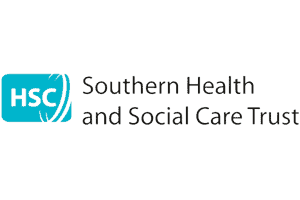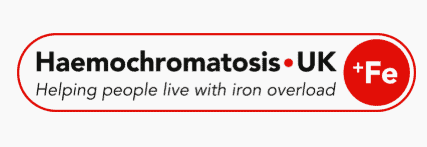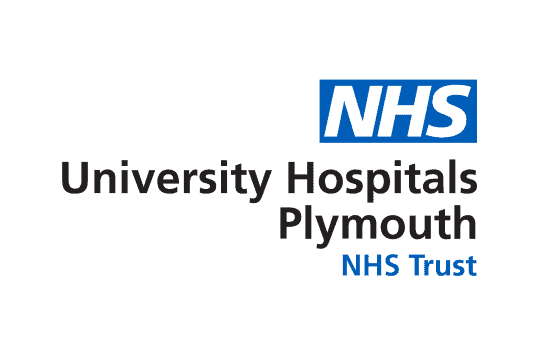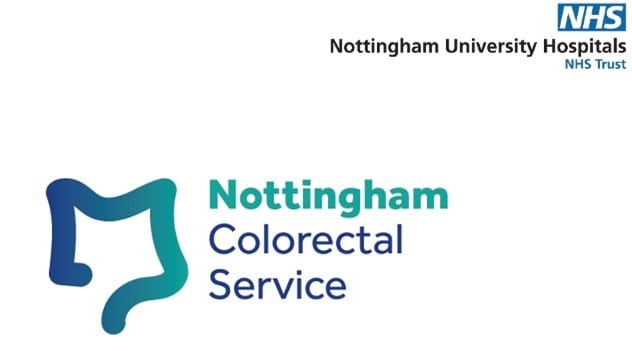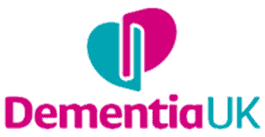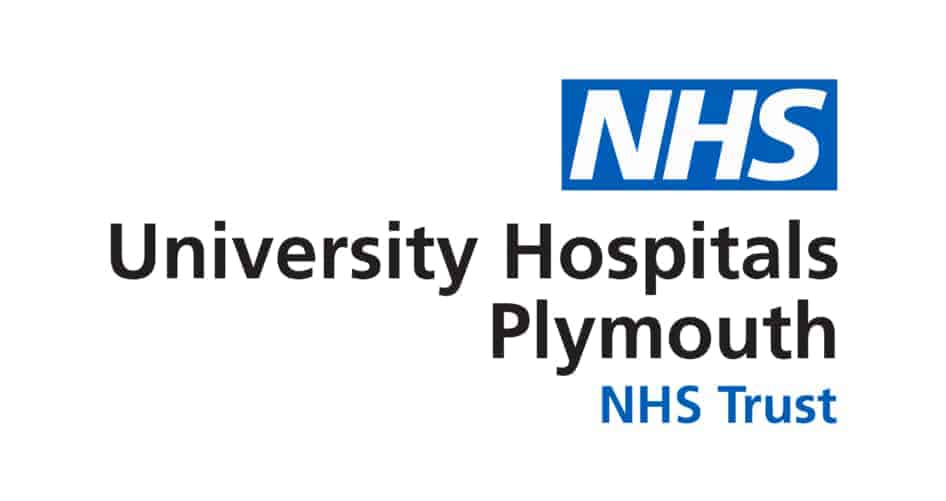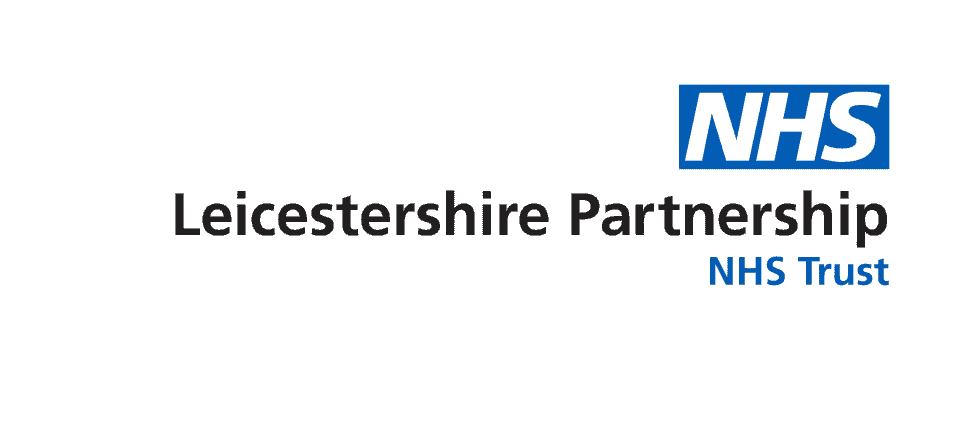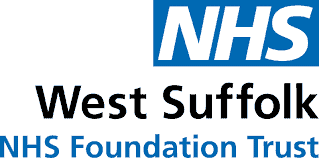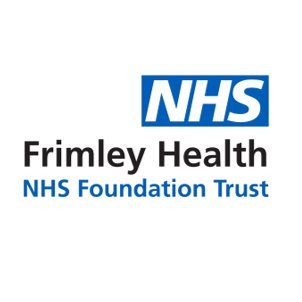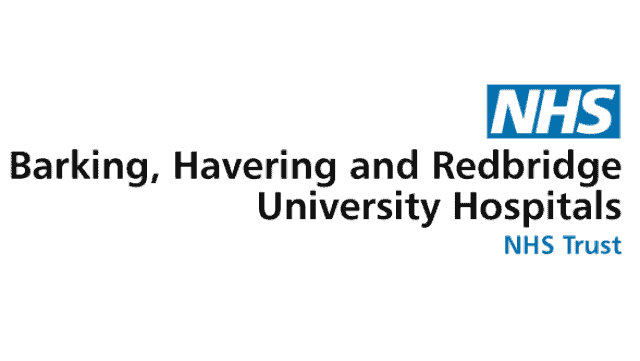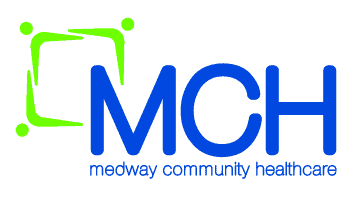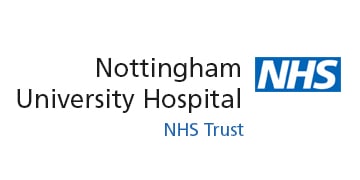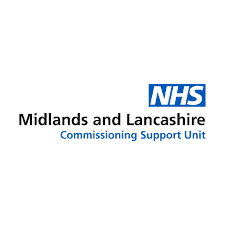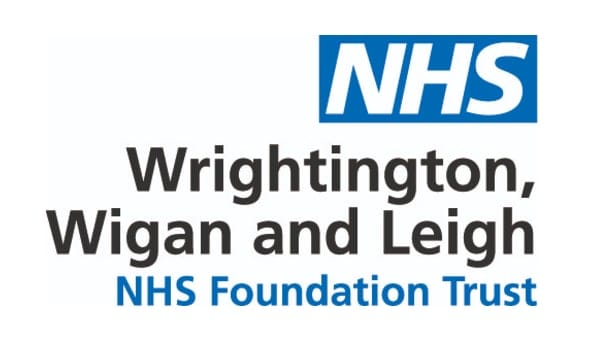We have a vast library of Case Studies that cover a huge range of topics, all of which highlight the best that the Patient Experience sector has to offer.

The PaCT Workshop: Embedding Lived Experience in Nursing Education
Winner - Strengthening the Foundation - PEN 2025
Read More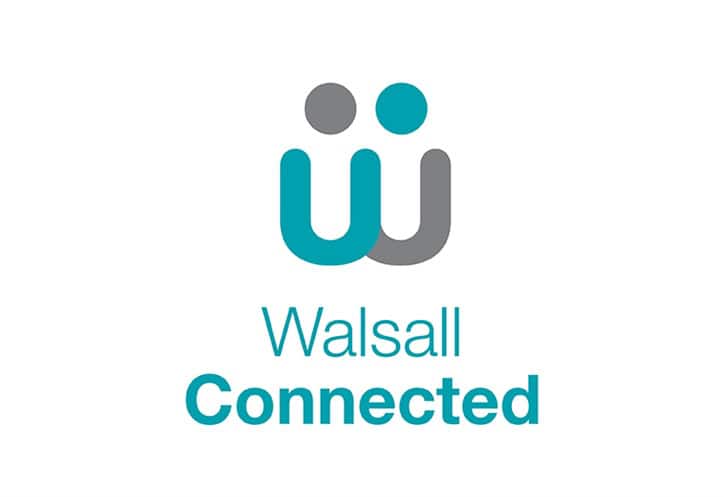
Walsall Council, in collaboration with Bloxwich Community Partnership and Walsall Healthcare Trust
Winner 2024 - Partnership Working to Improve the Experience
Read More
University Hospitals Bristol and Weston NHS Foundation Trust
Shortlisted Finalist - Support for Caregivers, Friends and Family - PENNA 20-21
Read More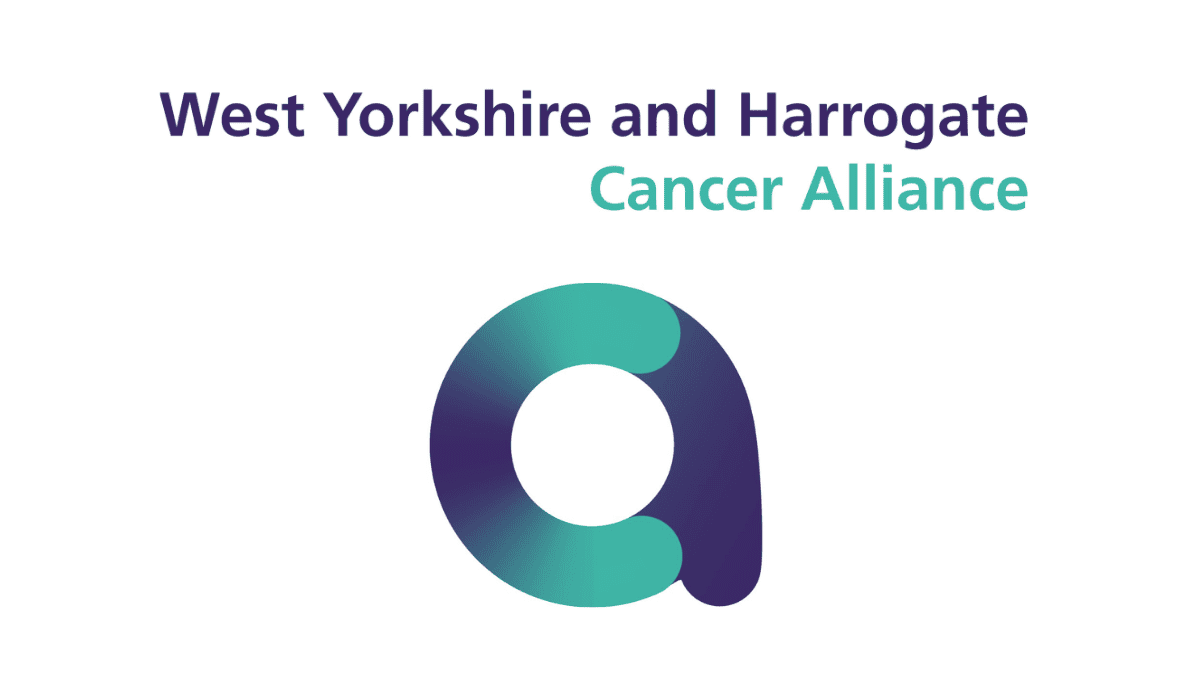
West Yorkshire and Harrogate Cancer Alliance
Winner – Cancer Experience of Care Award PENA24
Read More
Improving Appointment Utilisation and Patient Experience-7-Day GP Service
Winner – Measuring, Reporting and Acting
Read More
King Cancer Collaborative Addressing Health Inequalities - Kings College Hospital NHS Foundation Trust
Winner – Cancer Experience of Care Award at PENNA23
Read More
Listening to Sign Language Users – Improving Access to How Experience Can Be Shared - Public Health Agency
Winner – Engaging and Championing the Public
Read More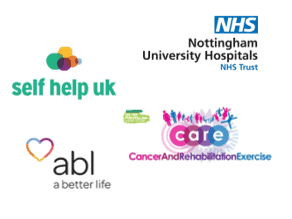
Cancer Prehabilitation Service - Nottingham University Hospitals NHS Trust
Winner – Partnership Working to Improve the Experience and Personalisation of Care
Read More
Outpatient Assessment Clinics @ Dorset Health Village - Dorset's 'Think Big' Initiative
University Hospitals Dorset
Read More
Little Voices - Walsall Healthcare NHS Trust
Winner – Communicating Effectively with Patients and Families And Overall PENNA 2023 Winner
Read More
A Team Approach to Streamlining Therapeutic Apheresis Services in the North West
NHS Blood and Transplant and The Royal Liverpool and Broadgreen University Hospitals NHS Trust (RLBUHT)
Read More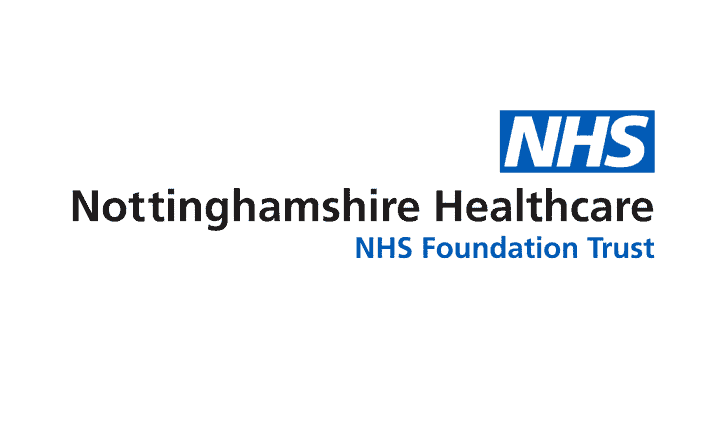
The Story Shop - Bringing Mental Health Stories to Life
Nottinghamshire Healthcare NHS Foundation Trust
Read More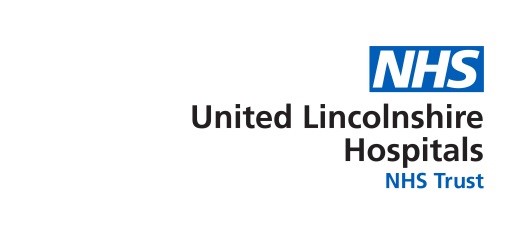
See it My Way; Transforming Complaints and Concerns
United Lincolnshire Hospitals NHS Trust
Read More
Benefits of Early Resolution in the Complaints Process
Northern Devon Healthcare NHS Trust
Read More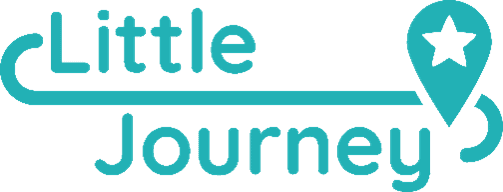
Little Journey: A Children's Healthcare Procedure Preparation and Support Tool
Little Journey Limited
Read MoreCase Study Archive
If you are looking for a specific case study please contact us.
Case Study - University of Greater Manchester Case Study - Southern Health and Social Care Trust Case Study - Pluto Play Productions & Doctors in Distress Case Study - Walsall Connected Case Study - MyIron+ app : Enabling people with genetic haemochromatosis live well Case Study - Remove the Doubt Case Study - Christmas isn’t cancelled - Supporting patients and families with virtual Christmas activities and entertainment Case Study - The Secret Garden - A Fresh Air Space for Everyone Case Study - Improving Appointment Utilisation and Patient Experience-7-Day GP Service Case Study - Listening to Sign Language Users – Improving Access to How Experience Can Be Shared - Public Health Agency Case Study - King Cancer Collaborative Addressing Health Inequalities - Kings College Hospital NHS Foundation Trust Case Study - Nottingham University Hospitals NHS Trust Cancer Prehabilitation Service Case Study - Little Voices Case Study - Long COVID Rehabilitation - a collaborative approach to development of service delivery Case Study - Co-producing a Long Covid assessment and support service for Kent and Medway Case Study - Let's Talk Cancer! Case Study - Closer to Home Virtual Clinic Project Case Study - Outpatient Assessment Clinics @ Dorset Health Village - Dorset's 'Think Big' Initiative Case Study - Finding Cards – Improving the experience for friends and family on arrival at the Emergency Department Case Study - Improving our Colorectal Cancer Pathway Patient Experience Case Study - Continuous Engagement & Communication Through a Pandemic Case Study - Little Journey: A Children's Healthcare Procedure Preparation and Support Tool Case Study - Modernising Medication Management in a Prison Setting Case Study - Bereavement Support Service Case Study - ICU patients and relatives are they really listened to? - Providing opportunities for ICU patients in an Acute Trust to engage with the multi-disciplinary team to ensure they are truly heard and translating this into meaningful action Case Study - Working Together & Learning Together – a Partnership approach with Northumberland Syrian Families Case Study - Homeless Patient Guidelines Initiative Case Study - Digital Patient Stories for Service Improvement Case Study - Butterfly Cornwall Case Study - In-Patient Support and Information Rounds Case Study - A Service Evaluation of the Acceptability and Use of a Mobile app for Video Call Communication between Home Enterally Tube Fed Patients and Home Care Nurses Case Study - Using Animation as a Medium to Help Clinicians Understand the Secondary Healthcare Experiences of Prisoners Case Study - Palliative Care Northumbria Case Study - Listening and Learning from Children and Young People Case Study - Informed and Empowered Case Study - Small Steps – Big Changes Case Study - FAB - Frailty Assessment Base Case Study - Flower Sculptures for Cancer Services Case Study - A 21st Century Approach to Information Giving Case Study - Homeward Bound – A Play and Educational Package about Relationships, Love, Empathy and Compassion at End of Life Case Study - Perfect Dining Week Case Study - City and Hackney Innovation Fund Case Study - NHS Go – A Health app Designed by Young People for Young People Case Study - Caring for my Family with Cancer Case Study - Think Drink Project Case Study - Beads of Courage: Making a Difference for Each Child Case Study - Baby View – Neonatal Intensive Care Video Conferencing Project Case Study - The Carers Lounge Case Study - A Team Approach to Streamlining Therapeutic Apheresis Services in the North West Case Study - The Introduction of Using Entonox in the Community for Children Facing Distressing and /or Painful Procedures Case Study - Patient Encounter Leadership Programme Case Study - Bringing Patient Care Closer to Home in Wyre Forest Case Study - The Story Shop - Bringing Mental Health Stories to Life Case Study - Rose Vital Tray Case Study - MSK – From Challenged to Great! Case Study - Managing Self-Harm in North Tyneside Schools Case Study - See it My Way; Transforming Complaints and Concerns Case Study - Hospital Alcohol Liaison Team Case Study - Benefits of Early Resolution in the Complaints Process Case Study - Healthy Bones Mobile Service Case Study - Supporting Families After Bereavement - Daisy Bereavement Centre Case Study - Bringing Information to Life for People with Learning Disabilities Case Study - Building a Carer Friendly Organisation Case Study - MCHFT Surgical Ambulatory Care Unit Case Study - Developing a Patient-centred Service for Neuroendocrine Cancer across South Wales through Commissioning and Co-production Case Study - Patient Diaries in Intensive Care Case Study - Hetty's Hospital Case Study - Learning Disability Communication Flashcards Case Study - Mid Cheshire Hospitals Endoscopy Team - Withdrawal of Consent Case Study - #RehabLegend Case Study - Knead to Chat Case Study - The Young Carer Identification Card: Uncovering a Hidden Population Case Study - The Chief Nurse Excellence in Care Fellowship Programme Case Study - Nobody is ‘just a ….’. Empowering Support Staff Case Study - Carer2Theatre - Improving the Theatre Experience for Confused Adult Patients Case Study - Type 1 Kidz - The Impact of Engaging Children and Young People with Type 1 Diabetes and Their Families to a Peer Support Project Case Study - Acute Medical Unit – To Take Out Medications Project
